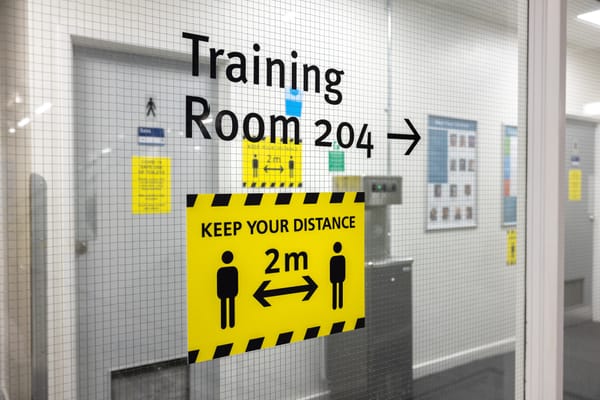Q&A: Will the UK have blackouts like in Spain & Portugal?
Severe blackouts disrupted the Iberian Peninsula for 16 hours on 28th April. We answer common questions on blackouts and how renewables will affect energy grids and a new report from Spain shares the latest in their analysis of the causes of the blackouts.
One of Europe’s largest ever blackouts froze the Iberian Peninsula at the end of April. The outage lasted almost 16 hours in parts of Spain, disrupting transport, businesses and modern infrastructure. The grid collapsed at approximately 12:33 CEST with an abrupt generation loss of 15GW, which is the equivalent to a third of Spain’s energy consumption at peak times. Following this, there has been scepticism over the reliability of renewable energy sources, which accounted for approximately 71% of Spain’s electricity at the time, and whether renewables are really a feasible alternative to fossil fuels globally. So, with the UK also increasingly reliant on renewable energy, are we also at risk of more blackouts?
Renewables are growing rapidly in the UK, putting us almost in line with our Nationally Determined Contribution of a 68% greenhouse gas emissions reduction by 2030. Labour set the target that, by 2030, our grid should be 90% renewables. The bulk of generation will be from offshore wind, as well as onshore wind and solar.
In this analysis, we answer some common questions about grid stability and renewables.
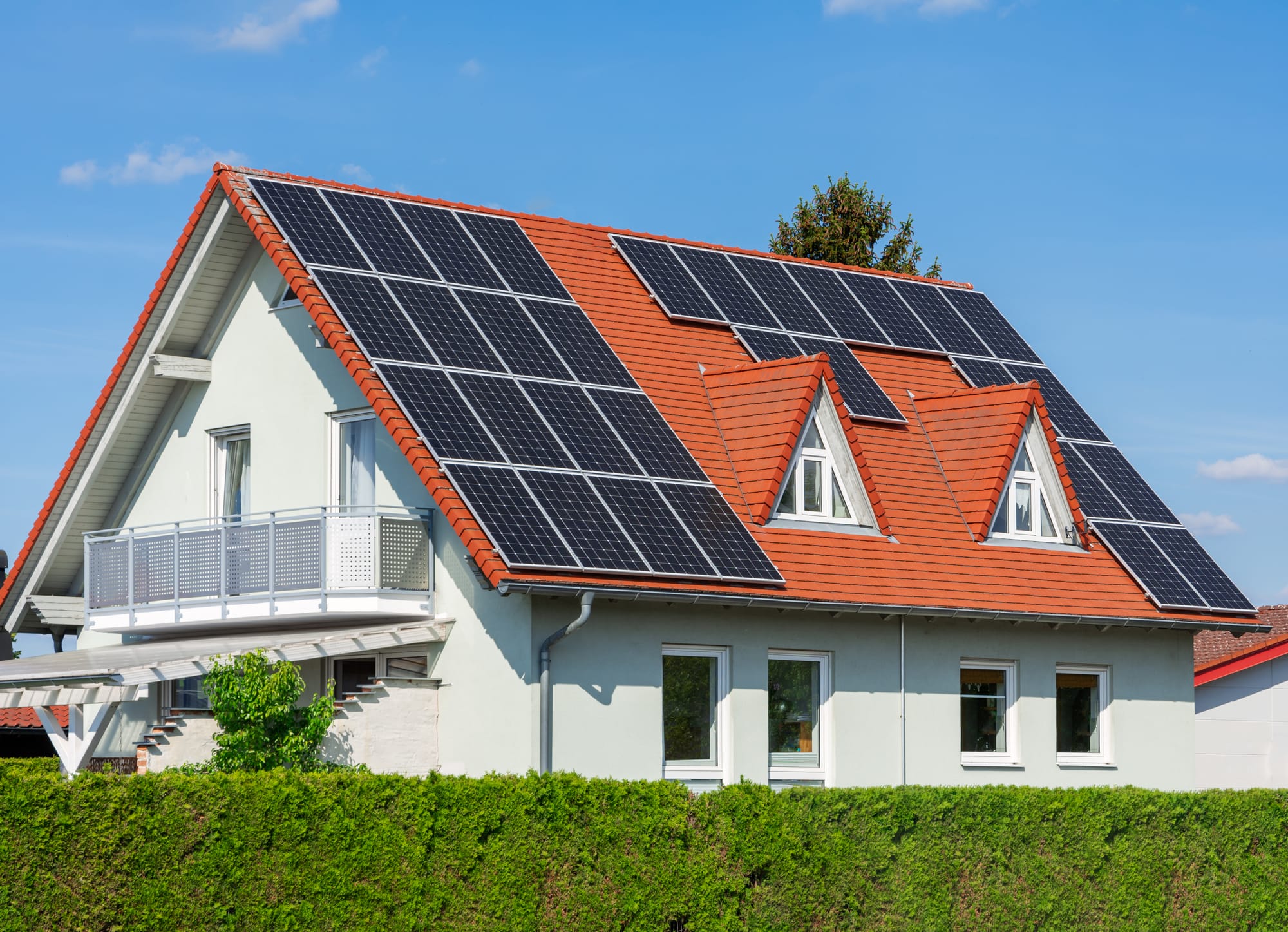
Are blackouts going to be more common?
Despite speculation about renewables responsibility in the Iberian Peninsula blackouts, most evidence points to the issue being gird and energy infrastructure rather than energy input sources. At the time of the blackout, the Independent reported that 71% of generation on the Spanish grid was from solar and wind. In fact, Carbon Brief adds that on 16th April Spain’s grid ran on entirely renewable sources for a full day.
Over a month after the blackouts, the BBC reported that the Spanish government has reached a conclusion on the cause of the blackouts in the Iberian peninsula. The Spanish minister for ecological transition, who manages Energy Policy, Sara Aagesen told the press that the “system did not have enough dynamic voltage capacity” and blwamed the grid operator, Red Eléctrica, for this.
She repeatedly denied that the blackouts were caused by renewables and the Associated Press reports that Pedro Sánchez added that his government would not “deviate a single millimetre” from its goal of 81% renewable energy by 2030.
Aagesen also said there was no evidence that a cyber-attack had caused the blackouts.
She told the press that the full report would be released late last Tuesday.
Another huge cause of blackouts is climate change itself. Weather-related blackouts have increased by 60% in summertime in the US in the past decade due to an increase in extreme weather caused by climate change. Storms and wildfires have also increased in severity in recent years, with extreme wildfire risk doubling in the past 20 years in the US. This is a consequence of global warming. If more renewables were incorporated into the grid, energy generation would be less reliant on fossil fuels, which are causing climate change and its myriad negative impacts.
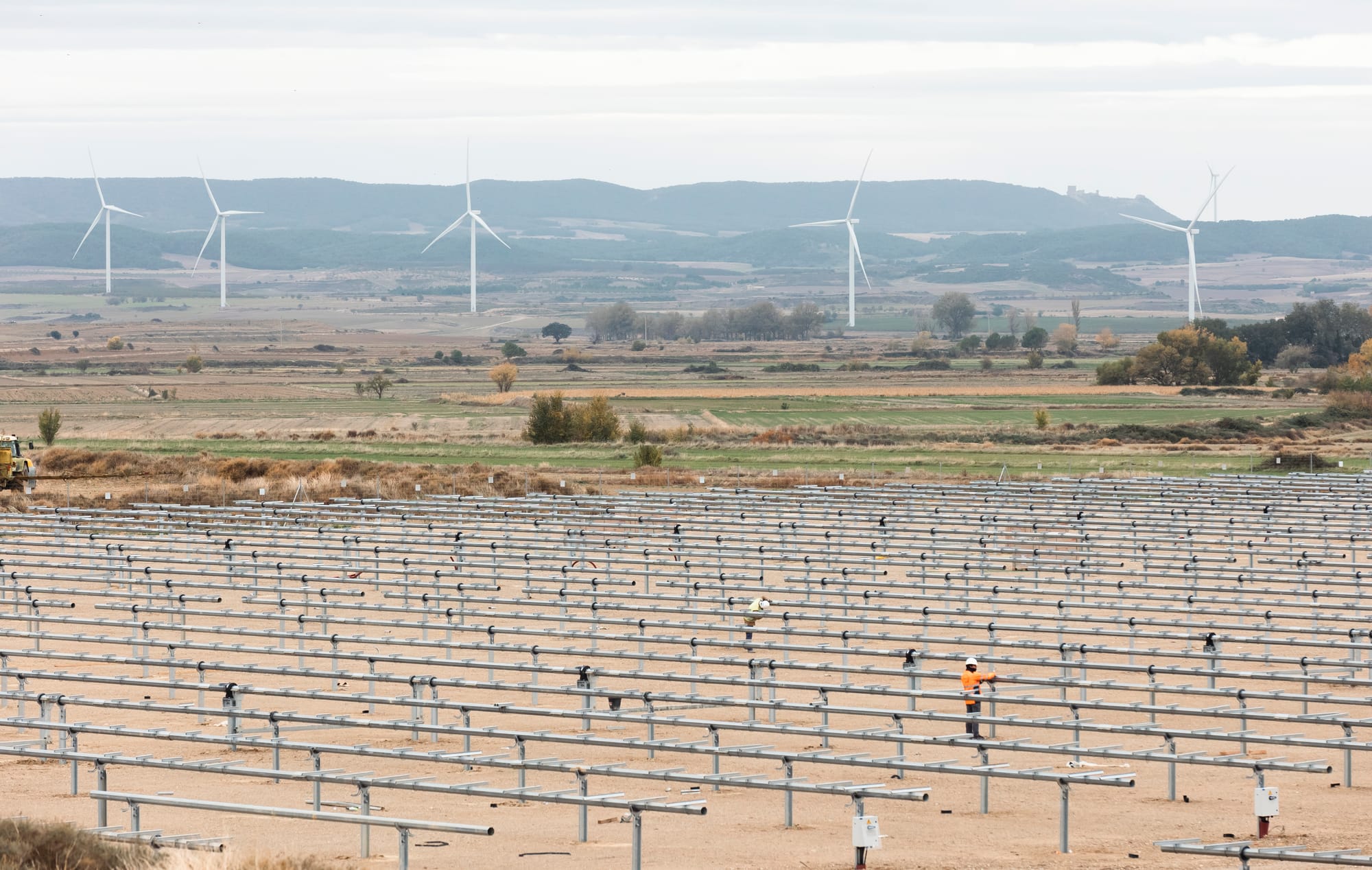
How will the transition to renewable energy impact people’s daily lives?
If the transition is well managed, energy should become cheaper and more reliable as we reach a clean grid. Making this work requires substantial investment beyond the generation itself, including in our grid and storage.
Grids need continuous maintenance, upgrades when electricity demand increases, and changes when electricity production moves. Solar and wind energy produce electricity in a decentralised way. This means that, where previously electricity generation could be concentrated in parts of the UK, electricity generation is now spread through the country. Grids are generally underfunded.
This might mean more people have energy infrastructure near them. Cheaper energy for living near infrastructure would let people see the impact of renewables more clearly. In general, renewables are much less disruptive than fossil fuels. This is because they pollute the areas around them less, provide safer jobs, and don’t require fuel.
A just transition should also involve creating jobs and lifting people out of fuel poverty (11% of households in England in 2024). Less carbon emissions and fossil fuel infrastructure will also improve air quality. According to Public Health England, air pollution causes an equivalent 28,000 to 36,000 deaths every year through various chronic conditions and reduced life expectancy
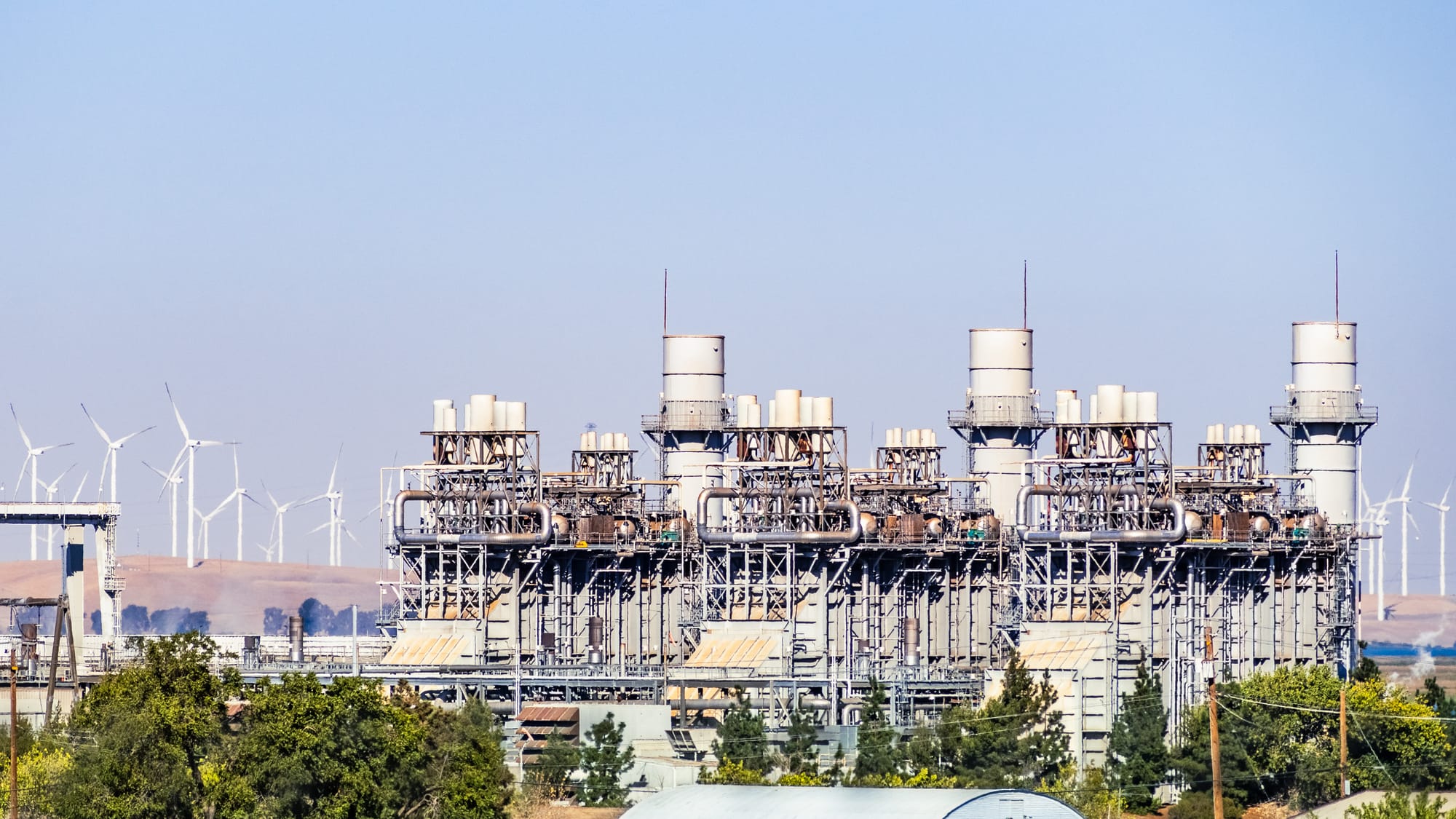
Why are energy bills still so high in the UK?
When Russia invaded Ukraine in 2022, energy prices in Europe spiked and have not come back down. Prices went up by 54% in April 2022 and typical bills are still 42% higher now than they were in winter 2021.
In the UK, electricity prices are mostly set by the most expensive form of electricity, called the marginal cost. In the spot market, where electricity is bought up to a day in advance, companies who generate electricity put up prices they are willing to sell electricity at, and suppliers buy contracts until demand is satisfied. They start with the cheapest contracts (renewables and nuclear), but the price for all the contracts energy is set by the most expensive price (gas). Roughly 30% of electricity is bought using this kind of auction, but the prices also tend to set the prices for other ways of buying electricity. This cost is passed onto the consumer.
Gas sets the price for electricity 98% of the time as gas power plants that can switch on and off quickly are the most expensive form of generation. This means that, even as we build more cheap renewables, the price of electricity is not affected.
A research briefing submitted to parliament summarises the issue: “With little immediate prospect of savings from fixed tariffs or substantial further cuts in the price cap, the only way to substantially reduce energy bills, while still adequately heating and powering homes, is to improve the energy efficiency of properties.”
While energy efficiency is crucial, there is another way that the government can reduce energy bills, which is by implementing their review of electricity market arrangements (REMA). REMA could fundamentally change the way the UK’s energy market works and so reduce energy bills. The government aims to finish the policy development stage of the program this year and begin a full-scale implementation of it from then onwards.
How do renewables impact energy security?
Renewables will enable the UK to have more control over its energy supplies. Currently, the national energy market is reliant on importing foreign oil meaning our energy supply is susceptible to global events.
A shift to renewable energy will enable an increase in domestic energy production. In the UK this transition will be led by solar and wind farms. To keep the grid balanced, it’s essential that excess energy is stored. Additional sources will also be invested in, such as bioenergy from organic materials and hydropower technology in case of unsuitable weather conditions. Clean energy also works optimally in a decentralised system. This diversifies inputs and maximises energy security, maximising opportunity for production with weather conditions changing across the country.
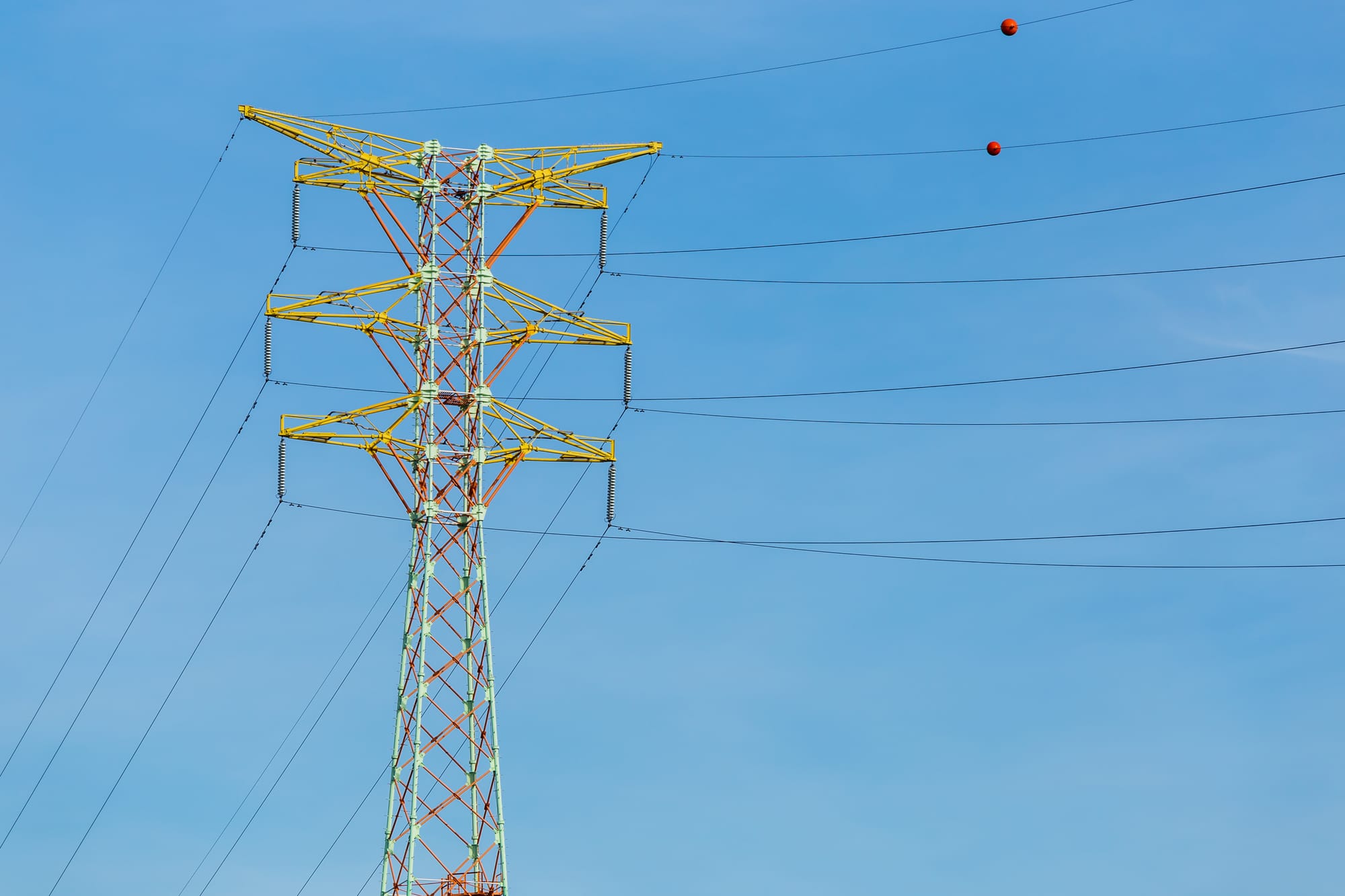
How will the shift to renewable energy impact the UK in future?
Economically, the transition to renewable energy makes sense, creating over 14 million new jobs world-wide and providing green investment opportunities. The global economy additionally spent $7 trillion subsidising the fossil fuel industry in 2022. However, to invest in renewable sources, only $4.5 trillion per year until 2030 will be required to reach net zero by 2050.
Renewable energy is additionally becoming more affordable for people and industry. For instance, the price of solar electricity fell 85% between 2010 and 2020. In the future, people can expect reduced bills due to low operating costs of renewables. Solar panels and wind turbines in the UK typically last 25-30 years, with minimal maintenance expenses. It will additionally become more feasible for individuals to maintain more energy autonomy, which may further reduce household expenses. For example, electric vehicles will be able to be charged through solar energy fed into domestic batteries instead of petrol.








